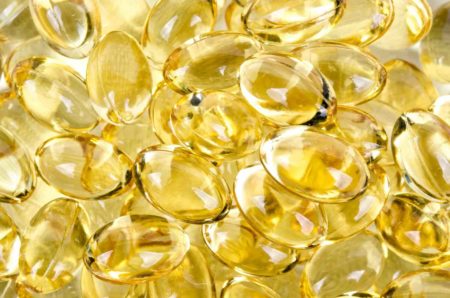Some supplements are pure snake oil; meaning they’re sold by really sly villains with bad intentions and wont do a thing but waste your money, while others actually can benefit you. One supplement I normally take every day is fish oil. Fish oil has a lot of benefits that many people don’t know about. Fish oil is important because it contains Omega-3 fatty acids. Many of these supplements contain both EPA (eicosapentaenoic acid) and DHA (docosahexaenoic acid).
Some of the benefits of these fatty acids include reducing blood pressure, improving cardiovascular health, and recent studies suggest it can help with inflammation. In a clinical study they tested healthy women and men to see if omega-3 fatty acids had an effect on inflammation. For this study they had their subjects do eccentric arm curls while being restricted on their omega-3 intake for 14 days and then again after 7 days of omega-3 supplementation. At the end of the study they found that when omega-3 was added, muscle soreness was 15% less than the diet without it. However, if you are eating foods high in omega-3 fatty acids then you don’t really have to supplement with fish oil. A diet with good amounts of beans, flax, canola oil, and obviously fish will give you the adequate amounts of omega-3 fatty acids that you need.
Normally you can get it at most vitamin stores and the supplement its self is very cheap. When supplementing with fish oil the adequate intakes differ between age and sex. For most of the population from age 19+ the adequate intake of omega-3 fatty acids is 1.6g for men and 1.1g for women. The adequate amount also changes for pregnancy (1.4g) and lactation (1.3g). Unlike a lot of fats, the body can’t produce omega-3 fatty acids on its own which is why it’s important to include diets that supply the body with these fats or to use omega-3 supplementation. If you want to learn about more of the benefits of fat in your diet check out our YouTube video here. If you are interested in supplementing with fish oil here is a product that is highly rated by a third party company that checks the contents of the supplement and for impurities.
Sources for omega-3 fatty acids:
National Institute of Health: Omega-3 Fatty Acids

